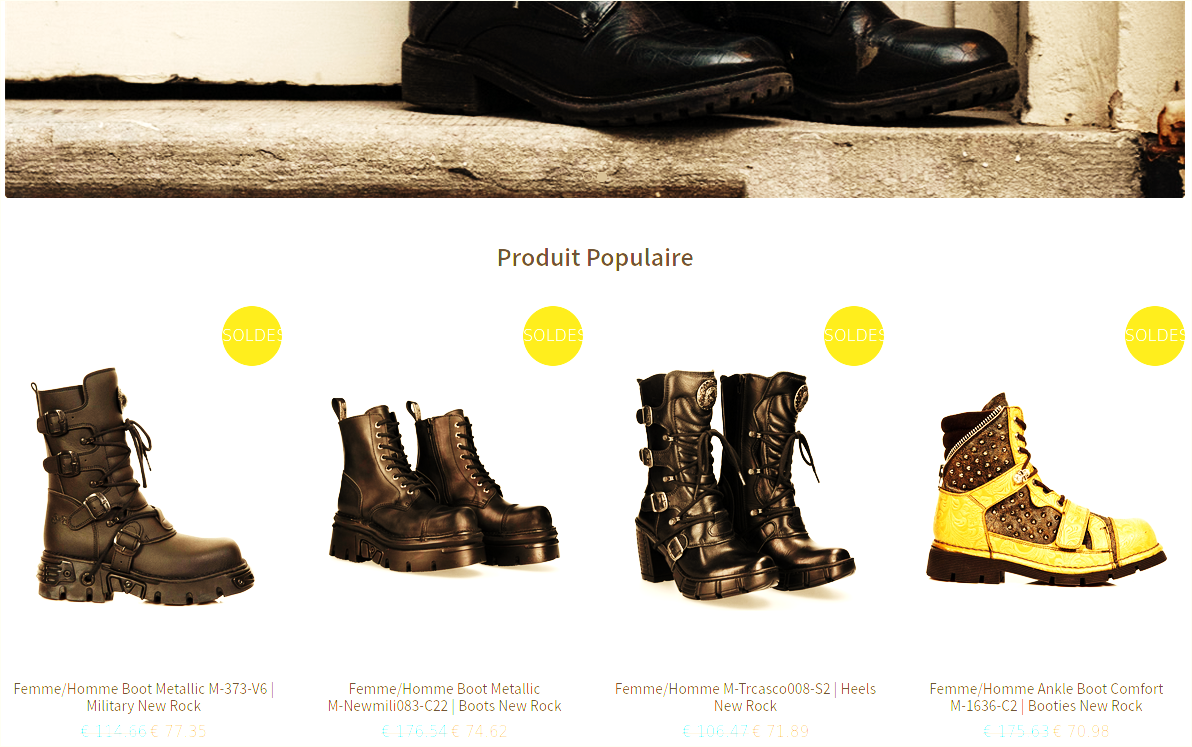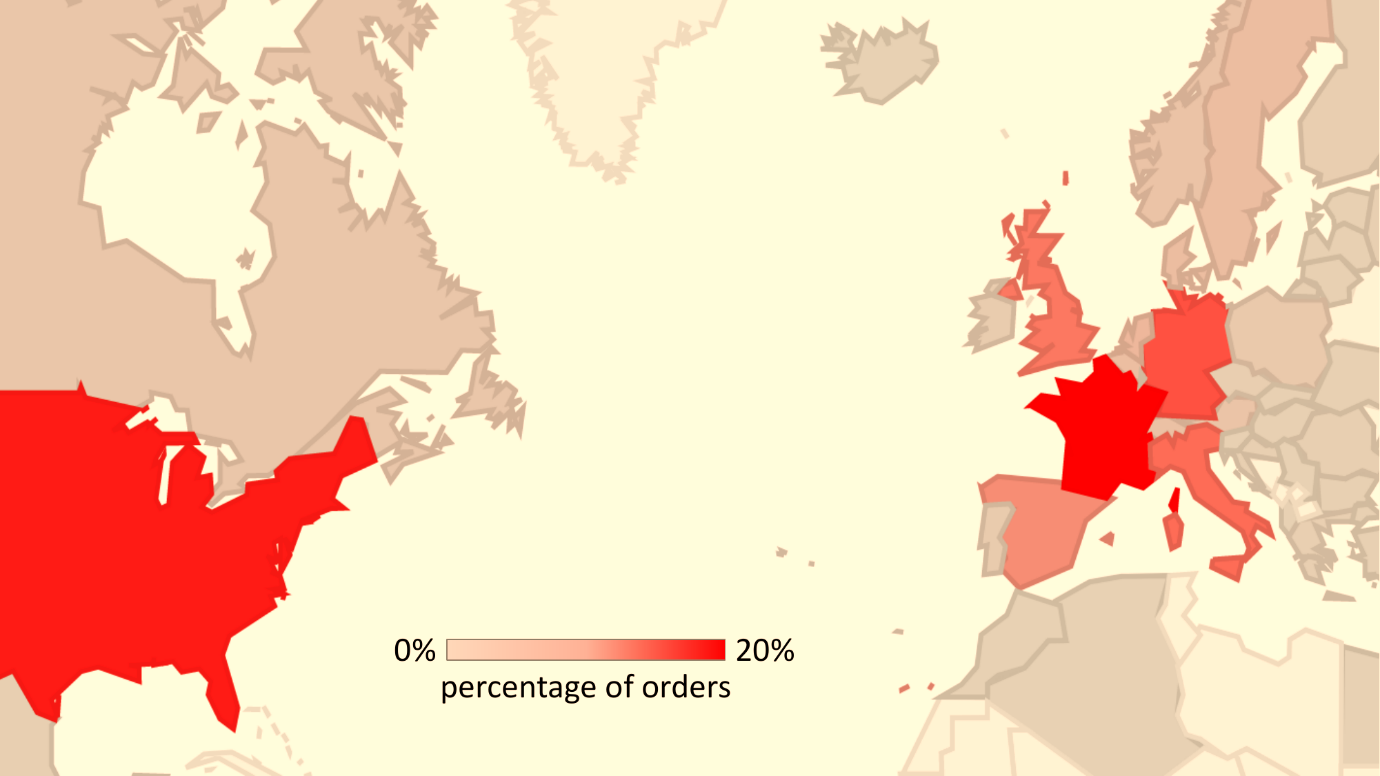BogusBazaar Exposed: Delving into the Depths of a Criminal Webshop Network
In the vast landscape of online shopping, convenience often comes hand in hand with risks. The latest revelation of a massive online shopping scam, known as BogusBazaar, serves as a stark reminder of the dangers lurking in the digital marketplace. With over 850,000 victims across the United States and Europe falling prey to this elaborate scheme, it’s crucial now more than ever to arm oneself with knowledge and vigilance when navigating the online shopping realm.
The BogusBazaar Saga Unveiled
Behind the facade of seemingly legitimate online storefronts lies a sophisticated cyber crime operation orchestrated by a group of bad actors, believed to be operating primarily from China. The modus operandi of this nefarious syndicate involves the creation and management of a vast network of fake shopping websites, numbering around 75,000, with the sole intent of deceiving unsuspecting consumers.
Over the span of three years, BogusBazaar has attempted to process a staggering $50 million in fraudulent orders, leaving a trail of financial devastation in its wake. The scam operates on two fronts: extracting credit card credentials from unwitting victims and processing transactions for non-existent high-value items through these sham websites.
The Anatomy of Deception
A report by German security research firm Security Research Labs (SRLabs) sheds light on the intricate workings of BogusBazaar. Victims are first lured into divulging their credit card information through counterfeit payment interfaces before being redirected to legitimate payment gateways to initiate transactions. This seamless transition from deception to transaction leaves victims none the wiser until it’s too late.
Despite efforts to dismantle the operation, approximately 22,500 fake shopping sites remain active, perpetuating the cycle of fraud and exploitation. The operators further compound their illicit gains by peddling stolen credit card information on dark web marketplaces, exacerbating the financial losses incurred by victims.

A Growing Epidemic
The BogusBazaar saga is but one instance of a broader trend plaguing the realm of e-commerce — the proliferation of online shopping scams. Imposter scams, akin to BogusBazaar, have inflicted significant financial losses on consumers, with Bank of America reporting a staggering $752 million lost to such schemes in 2023 alone.

According to market research firm Statista, over 70% of victims of online shopping scams have suffered financial losses in recent years, underscoring the pervasive nature of this threat. The Federal Trade Commission (FTC) has identified imposter scams as one of the leading causes of consumer losses, with victims collectively losing $2.6 billion in 2022, trailing only investment fraud in terms of financial impact.
Navigating the Digital Minefield
As the allure of online shopping continues to captivate consumers worldwide, it’s imperative to exercise caution and discernment when traversing the digital landscape. Safeguarding oneself against fraudulent websites requires a proactive approach and a keen eye for red flags. Here are some essential tips to help you steer clear of potential pitfalls:
- Verify Essential Information: Prioritize online stores that provide comprehensive contact information and transparent return policies, indicative of legitimacy and accountability.
- Exercise Caution with Discounts: While enticing discounts may seem appealing, exercise caution when encountering deals that appear too good to be true, as they often serve as bait for unsuspecting victims.
- Review Consumer Feedback: Leverage the power of online reviews and consumer feedback to gauge the reputation and reliability of the website before making any purchases.
- Assess Website Quality: Scrutinize the design, functionality, and overall presentation of the website for any signs of inconsistency or amateurism, such as spelling errors or outdated content.
By equipping yourself with these essential safeguards and remaining vigilant in your online transactions, you can mitigate the risks posed by fraudulent websites and safeguard your financial well-being in the digital age. Remember, when it comes to online shopping, knowledge is your best defense against deception.



